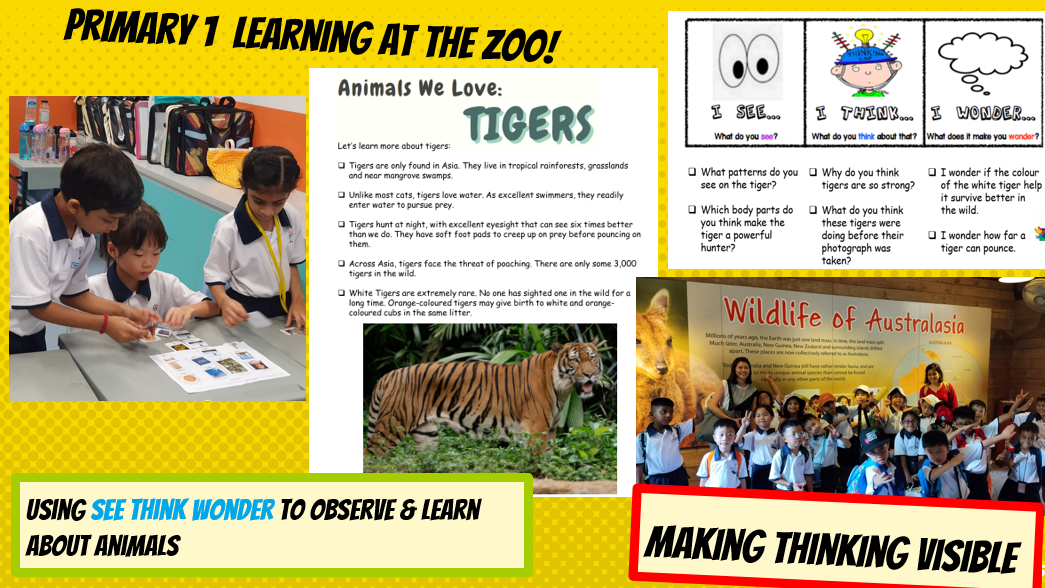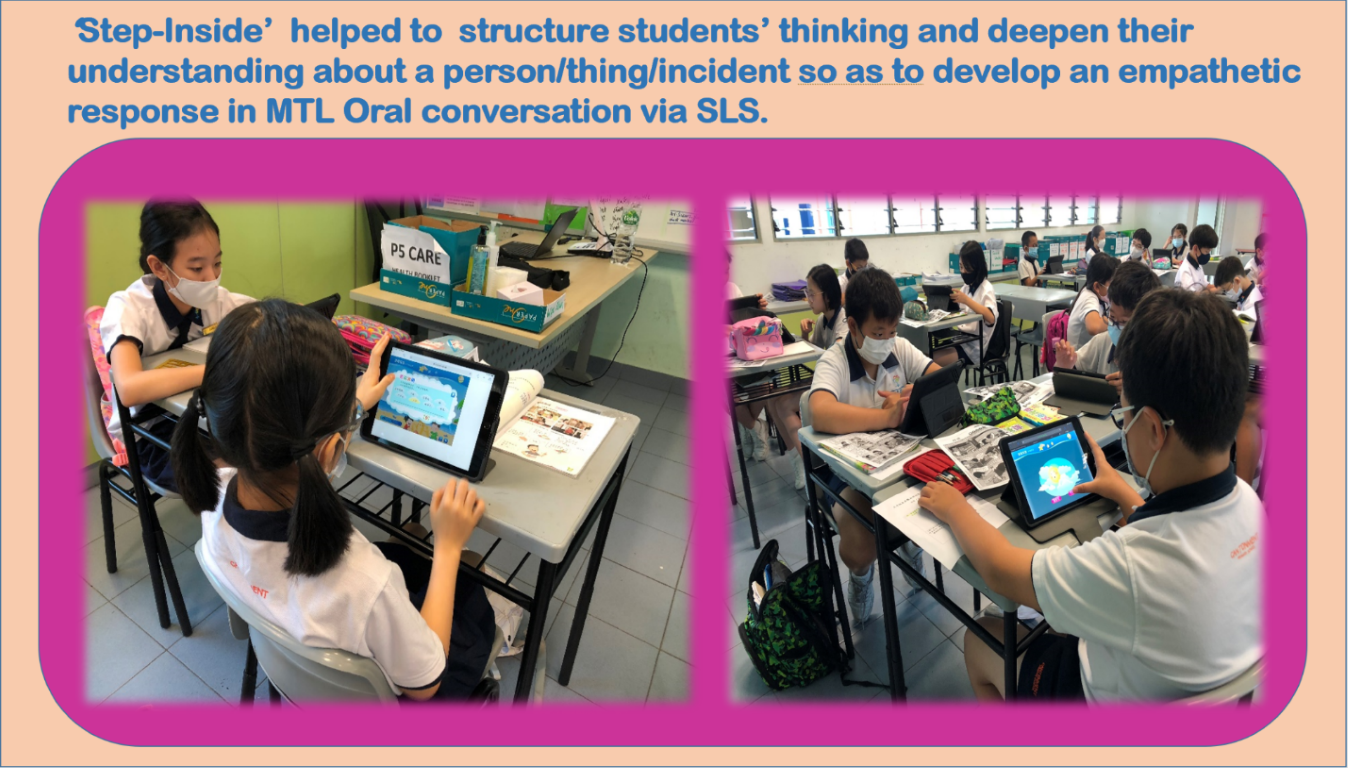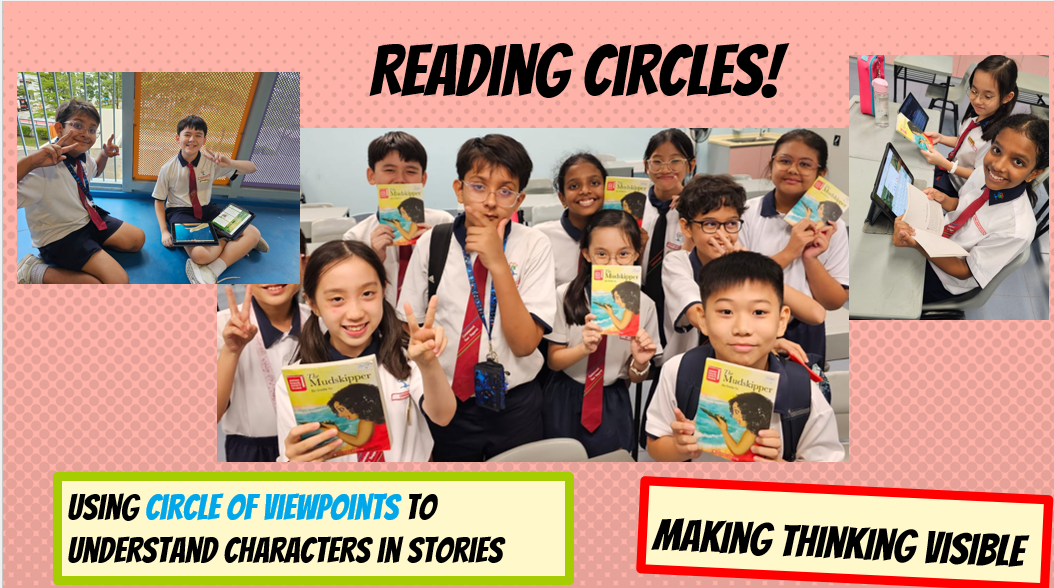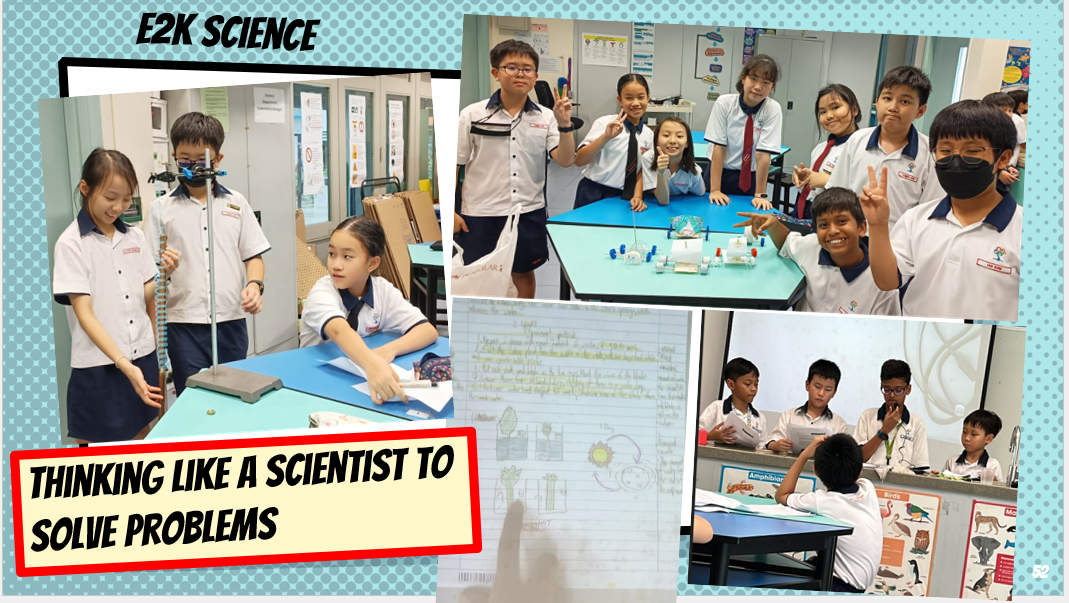Applied Learning Programme
Thinking@CPS Curriculum
Vision
Concerned Citizens, Innovative Thinkers, Passionate Learners
Overview
The Thinking Curriculum at CPS seeks to inculcate in students the attitudes,
skills, and dispositions to approach challenges with a positive, inquiring
and problem-solving mindset.
We believe that when students are equipped with thinking skills and provided with opportunities to practise these thinking skills, they will develop the thinking dispositions needed to tackle challenges they face in the future.
With regular practice, thinking routines become natural habits of mind. They provide structured approaches that can be applied across different contexts and subjects, helping develop consistent analytical and critical thinking skills. Thinking routines support Active Learning. Rather than passive reception of information, thinking routines engage learners actively in constructing understanding. They prompt questions, connections, and deeper exploration of ideas.
Thinking skills and dispositions are practiced through four levels:
Level 1 – Classroom pedagogy and instruction
Every department in the school infuses thinking routines into their curriculum
to help students make their thinking visible during idea exploration, idea
organisation and idea synthesis.
Routines such as ‘See-Think-Wonder’, ‘Claim-Support-Question’, ‘Step-Inside’ and ‘Think-Puzlle-Explore’ help students become more aware of their own thinking processes, fostering metacognitive skills that are crucial for deeper learning and problem-solving. They encourage reflection on how we think, not just what we think.

Use of Thinking Routines in English Language

Mathematical Reasoning during the Primary 2 Math Trail

Use of ‘Step-Inside’ during Mother Tongue Lessons

Think-Puzzle-Explore used during Science lessons.
Level 2 - School based and school wide projects / programmes
Special programmes are organised to give opportunity for students to practice
their thinking skills outside of class and subject context.
Thinking routines provide frameworks for meaningful dialogue and collaborative thinking. They help organise group discussions and ensure that different perspectives are considered systematically.
By breaking down complex thinking processes into manageable steps, these routines help learners develop deeper understanding of concepts and ideas. They encourage looking beyond surface-level observations to explore underlying meanings and implications.



Level 3 – School based enrichment programmes for selected students
Students who demonstrate interest are selected for various enrichment
programmes the school offers such as E2K Math, E2K Science and Reading
Circles.



Level 4 – External platforms / competitions for selected students
External platforms and competitions give students a wider audience to
present their ideas and/or solutions and learn from others, which includes
Science Buskers and Sony Creative Science Award whereby students are involved
in toy-making.


